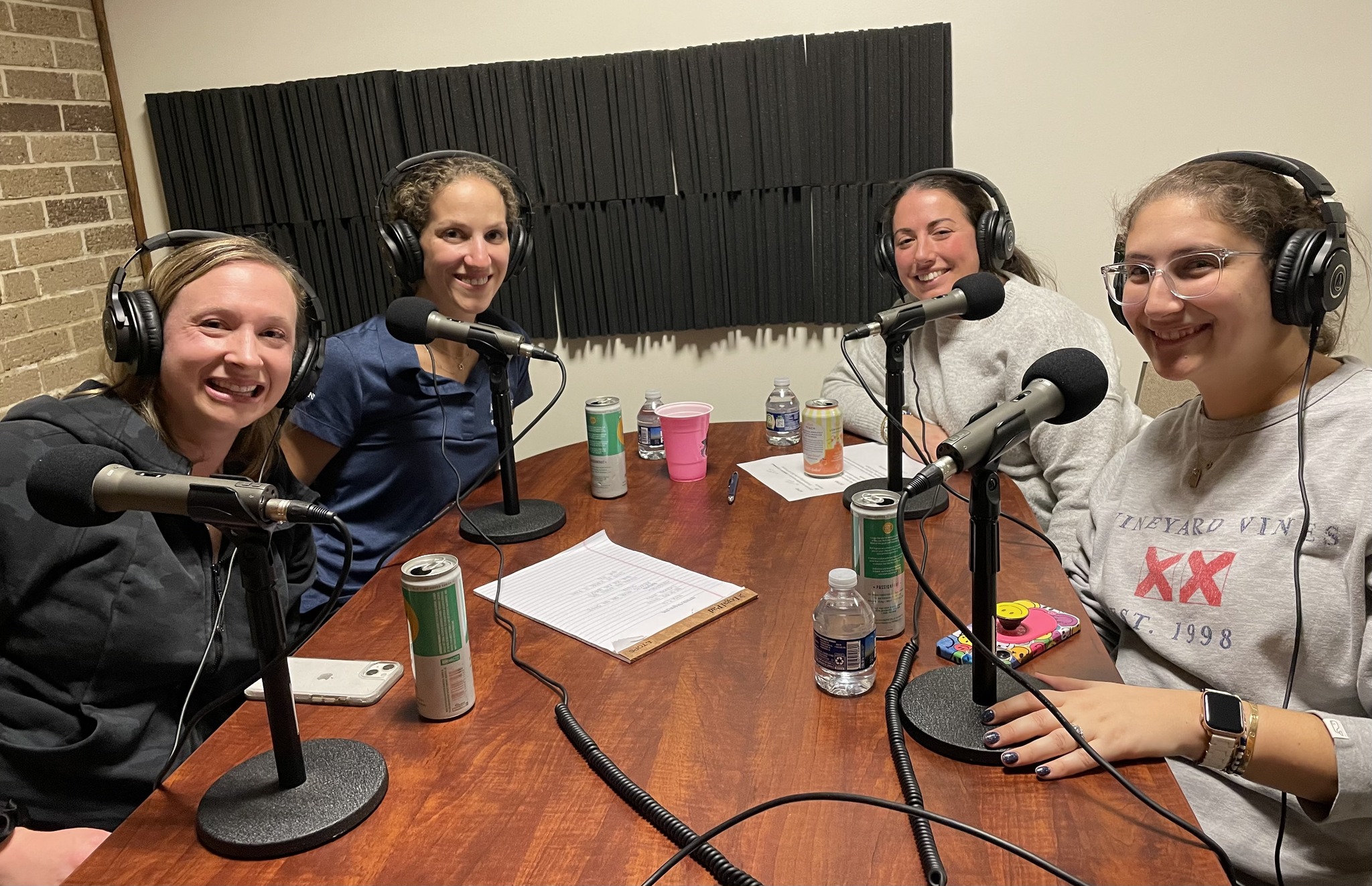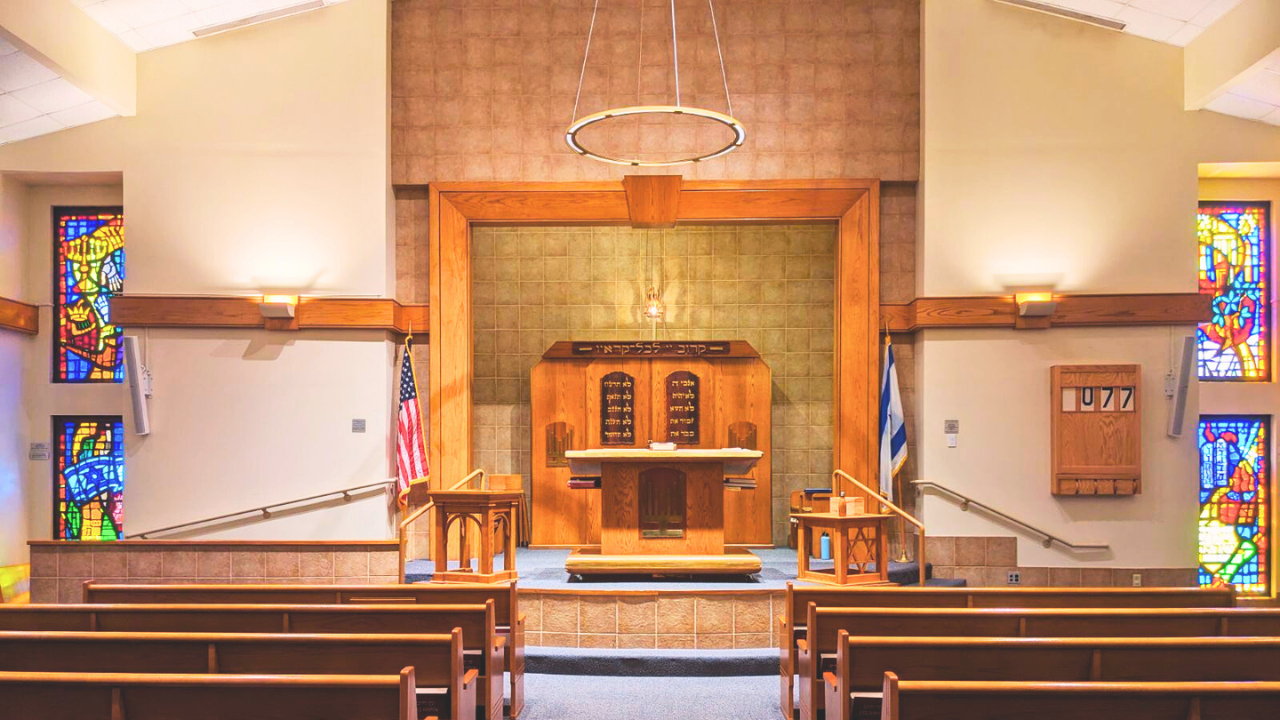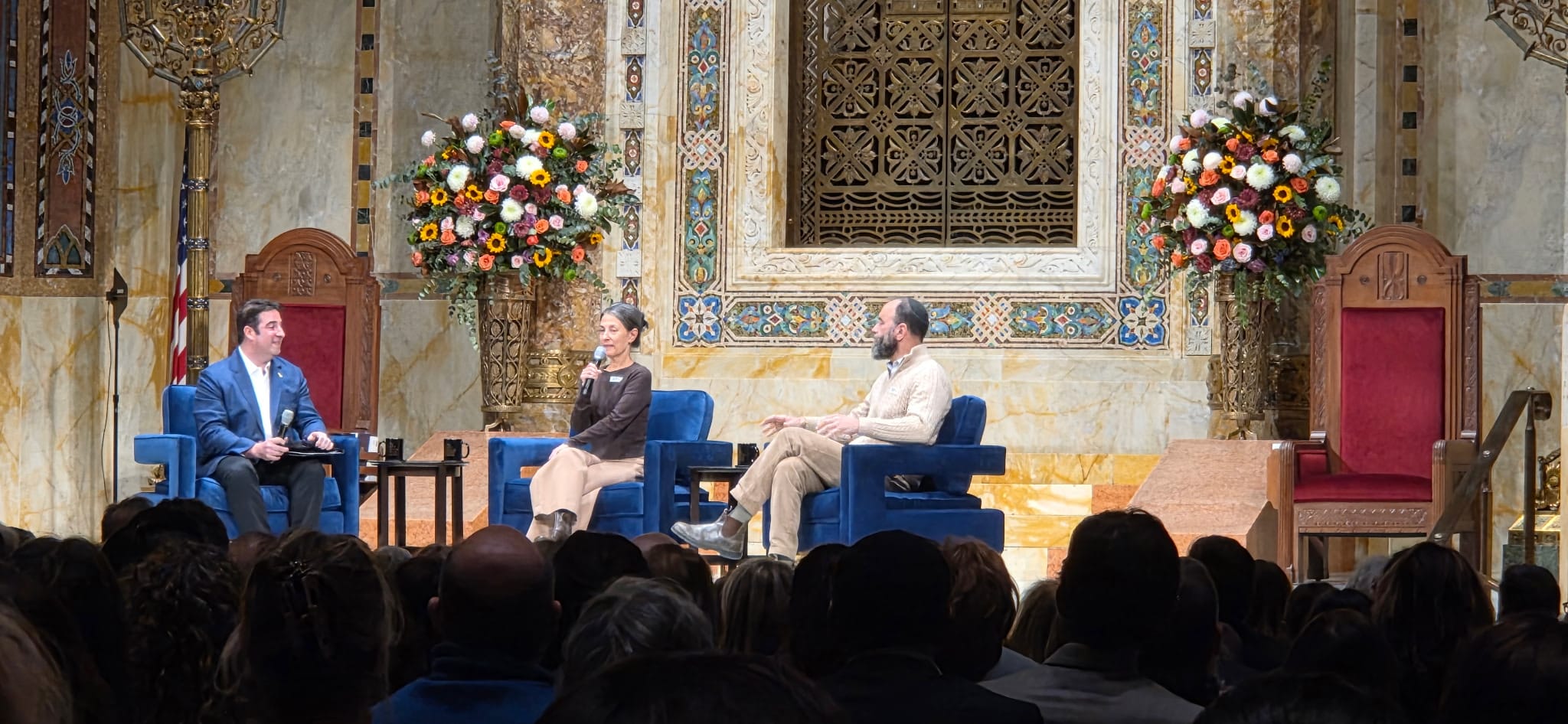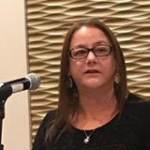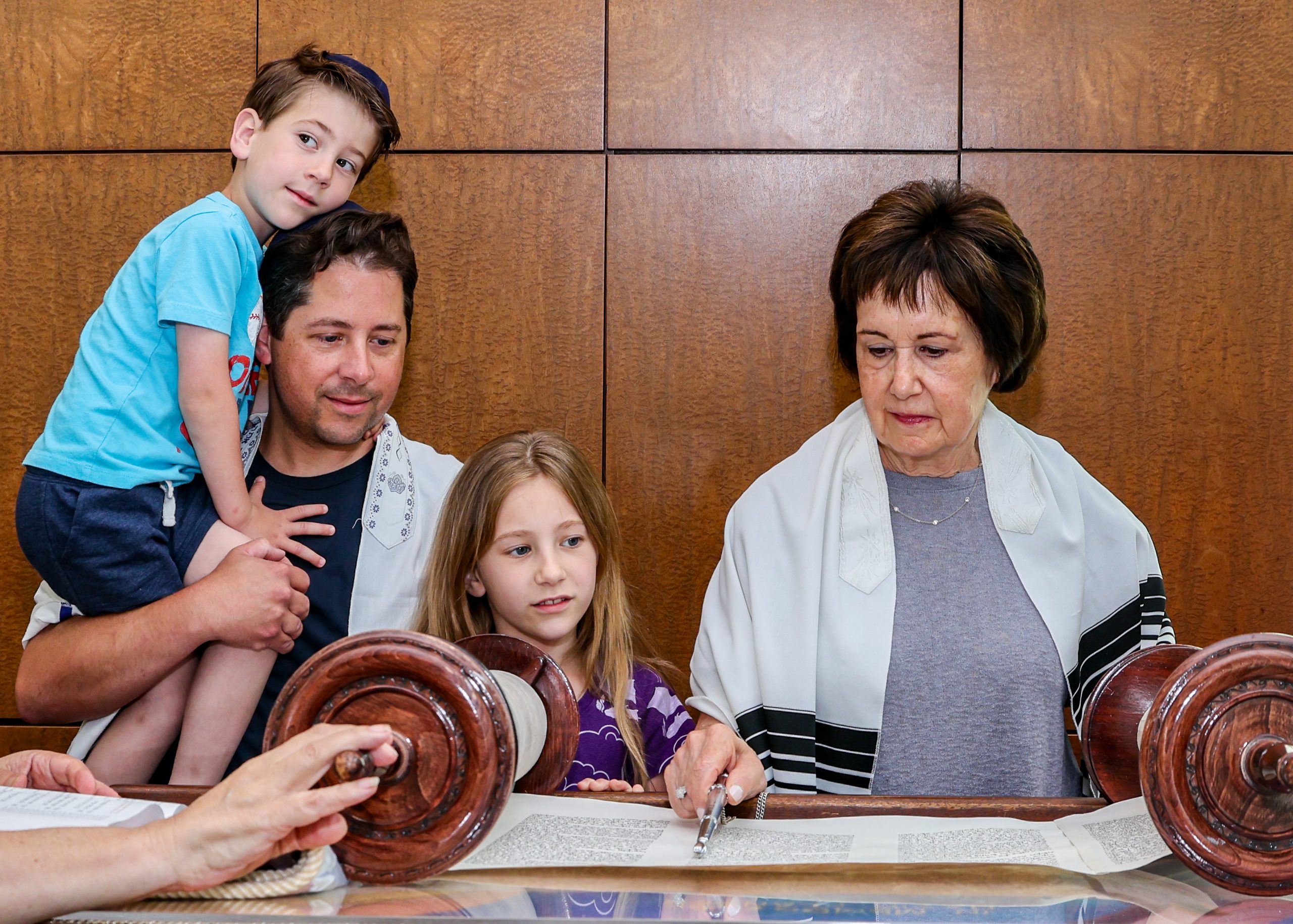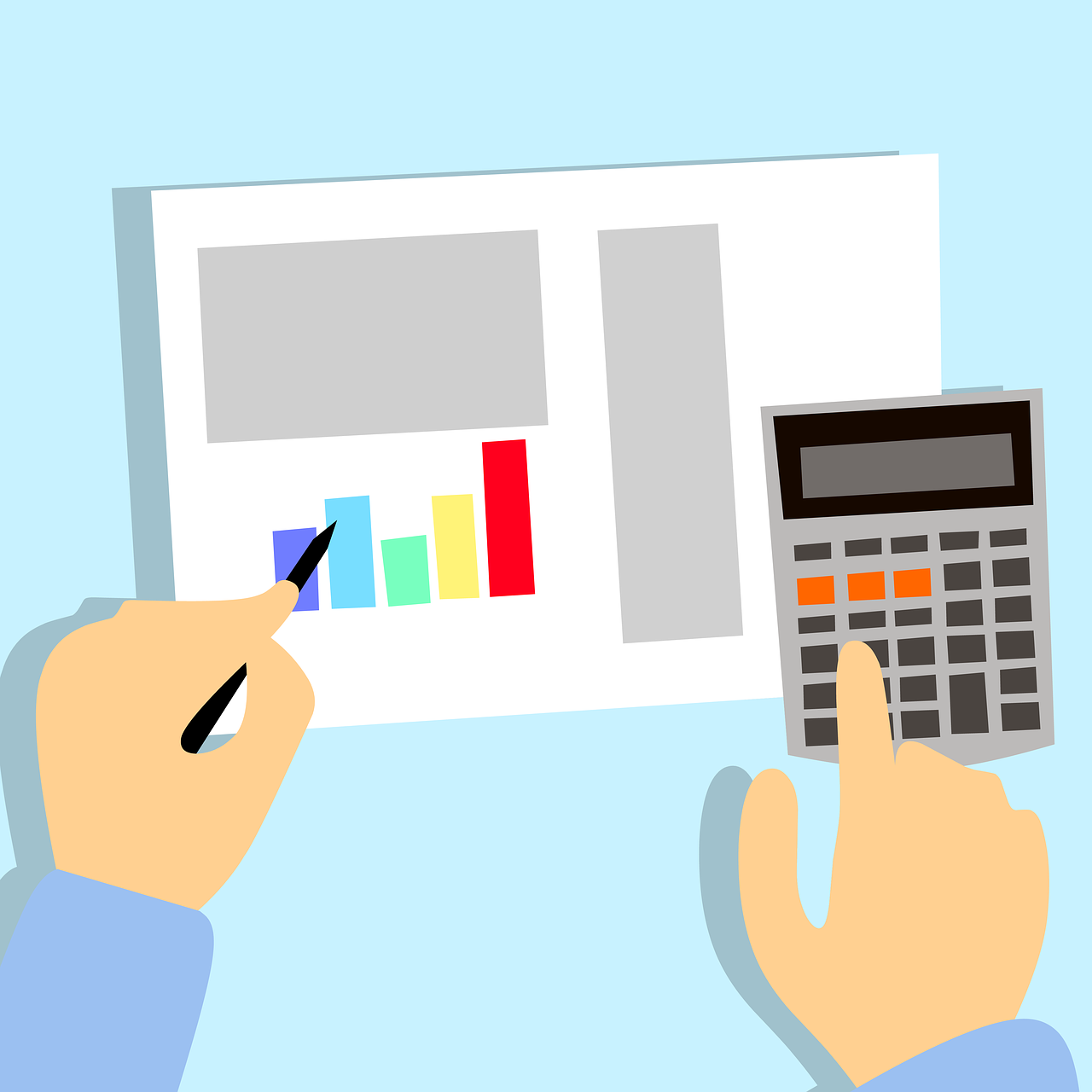
In my recent article, US-based Synagogue Can’t Find an IRS 501(c) (3) Exemption Recognition Letter, we discussed that a synagogue need not apply for nor receive a formal letter from the IRS that recognizes its exempt status in order for it to be exempt from federal and state income taxes.
But some organizations may still want a formal letter from the IRS recognizing its exempt status. The reasons for this are many. Some are unable to locate earlier records and want a formal governmental acknowledgement of their exempt status. For example, some grantors require that an organization provide them with a copy of the formal letter that the IRS sends to organizations when it approves them for tax exempt status in order to receive the grant. Some are concerned that because they do not appear in databases of tax-exempt organizations, they may not be eligible for grants. Synagogues feel they may be able to reach more donors if they appear in the listings of organizations that have formally applied for and received a tax exemption letter. Others may have activities that extend beyond their status as a synagogue, and such activities, while critical to the synagogue’s own mission might themselves require an application be filed. In either case, or in other cases, the organization may consider submitting a formal application to the IRS for recognition of the synagogue as tax exempt. There are a few considerations that may help in analyzing this issue
The synagogue is, by its very nature, “tax exempt,” as noted in my earlier Leadership Matters article. By tax exempt we do not mean that it is exempt from all federal and state taxes, but rather that it is exempt from the payment of federal income taxes. No application needs to be filed to make the synagogue tax exempt and so no letter is necessary to prove this so long as the institution functions as a synagogue.
A synagogue may request from the IRS not a formal recognition letter, but a letter that acknowledges that the IRS is aware that the organization has identified itself as a “church” and that churches are by their nature tax-exempt. This is known as a 4163-c letter. It does not say that the IRS has reviewed and approved the synagogue’s application for exempt status under IRC Section 501(c)(3).
To get this, the synagogue has to submit an IRS Form 2848 to the Exempt Organization’s Office of the IRS. The form needs to identify the synagogue (including its address and Employee Identification or EIN number), designate an individual, and either an officer of the synagogue or the synagogue’s attorney or auditor to contact the IRS on behalf of the synagogue. It also requires the synagogue describe the matter and the letter you want. For example, on behalf of one of my clients that experienced a fire recently we wrote under the “Description of Matter” section “The taxpayer is a Jewish synagogue whose copy of its exempt organization confirmation was destroyed in a fire. Please send to the above identified representative … the form 4163-c letter.”
As for applying for a grant from an organization that requires that the synagogue provide them with a copy of an IRS exemption letter, if an organization can get its hands on this form letter, it may satisfy the grantor even though it is not a formal “determination” letter. Even without that letter, a synagogue may have an attorney or accountant willing to write an opinion letter in connection with the grant to the effect that the synagogue is, as a matter of law, exempt and that letter may assist with obtaining the grant.
Practical Concerns Due to COVID-19
There are, however, some very practical concerns that may limit this approach during the Covid-19 pandemic. First the form must be faxed or mailed, it cannot be emailed. Also, and importantly during the Spring of 2020 it has been significantly more difficult to communicate with the IRS, file the forms, follow up and receive the letter in hand. This author is personally aware that the Exempt Organizations Section of the IRS has suspended some its customer account services phone lines for long periods during the current pandemic and when they have been open the IRS has warned there is a long wait time. She has recently seen on the website that the IRS was not accepting any new form 2848s. When she was able to reach someone at the IRS (when the website momentarily did not post a do not contact notice), the IRS was unable to locate the form that had been filed. Even then, she was advised that it would take an unusually long time to get a reply. So a synagogue may be very challenged to the extent that it may want a timely letter from the IRS that acknowledges that the synagogue claims to be a “church” under IRS guidelines and so is exempt from taxes and also exempt from submitting an application for a formal determination thereof (or any response from the IRS).
Filing a 1023 Application
If the synagogue still wants/needs an IRS exempt organization determination letter, it may formally file a 1023 application for recognition of its exempt status by the IRS. Reasons for making the filing may include that the synagogue wants to appear on a website like Guidestar or Charity Navigator to assure its congregants or its other potential donors of information regarding the organization that is contained within its 1023 and annual 990 filings. Alternatively, a granting organization may really require that the organization have completed a 1023 application and submit annual 990 filings during the grant term.
In order for the synagogue to obtain an IRS exempt organization determination letter, it must file an application for tax exemption, i.e., IRS form 1023. There are currently some practical challenges with filing this form. Since February 1, 2020 applicants are required to file their forms electronically. Yet while the IRS publishes a link to an interactive copy of form 1023 through this document, as of the date of the writing of this article, the link is broken. Moreover, during normal times it is not unusual for the IRS to take weeks or months to process the application. During the Covid-19 pandemic, applicants should expect longer delays.
The IRS publishes instructions to aid in the completion of form 1023. It requests a large amount of information from the applicant, including copies of the organization’s certificate of incorporation, bylaws and conflict of interest policy. The purpose of the detailed questions within the application are to assure that the organization applying for recognition of its tax exemption does not:
- Allow any of their net earnings to inure to any individual;
- Provide a substantial benefit to a private person;
- Devote a substantial part of their activities to attempting to influence legislation;
- participate in, or intervene in, any political campaign on behalf of (or in opposition to) any candidate for public office; and
- Was not formed for a purpose or activity that may be illegal or violates fundamental public policy.
If the IRS is concerned that the organization has engaged in any of the above listed activities, IRS 1023 application will be denied, and it will not be initially granted exemption. Thus, synagogues need not submit a form 1023 to be recognized as exempt may lose its exemption if it submits a form 1023 and does not assure the IRS that it is not engaging in any of the above activities. In addition, if previously its 1023 application was approved and it was determined to be tax exempt, that determination may be withdrawn. It should go without saying that if a synagogue does not submit a 1023 application, but engages in any of the above activities it is, as a matter of law, ineligible to be considered as federally tax exempt.
The 1023 application is itself complicated with a paper version of the form being 11 pages long, plus a schedule that must be completed for “churches”. In addition, depending upon the operations of the synagogue additional schedules may need to be completed, such as a schedule if the application is submitted over 27 months after the synagogue has been incorporated under state law, as well as a separate schedule that needs to be completed if the synagogue includes a school that teaches secular subjects.
To ensure that the applicant’s activities comport with IRS requirements, the 1023 application specifically mandates that the applicant’s certificate or articles of incorporation state its purpose, and state that upon any dissolution its assets will be used for exempt purposes. If this is not the case, then before submitting its 1023 application, the organization must amend its charter documents. The synagogue must also provide detailed information regarding any compensation made to its “officers, directors or trustees”, as well as the five highest compensated employees and five highest compensated independent contractors who will receive more than $50,000 per year. Detailed questions are also asked regarding a congregation’s fundraising practices and policies. Financial data from the synagogue’s current fiscal year, as well as its three prior tax years or projections from its 2 succeeding tax years must be included. Data is also requested regarding the synagogue’s religious operations are also requested.
All of this is to say that the 1023 application is a detailed description of the synagogue’s operations and finances. The instructions must be read carefully as it is critical to answer the questions properly. Its answers should be based on well-maintained documents and processes. If the organization does not have processes to properly maintain its information, it may be important to clean up its records and implement such processes before trying to complete and file the application. Once the synagogue has successfully filed the form 1023, it may need to provide a copy of its application and determination letter to state charities authorities for them to grant an exemption to the payment of state income tax. The importance of a carefully prepared application is highlighted by the fact that a synagogue may expect that its federal and state applications, as well as any annual returns it may file, will become public via any of the search functions found in the IRS website, the website of the state’s charities officials, or Guidestar or CharityNavigator and other routes as well.
The 1023 application requires time to complete and should not be done quickly or haphazardly. Accordingly, from a time perspective, it can be expensive. Therefore, synagogue leaders without expertise in the completion of the form should engage accountants and/or attorneys experienced in the operations of non-profits and synagogues, as well as in successfully advising on and completing the forms. The advice sought should not only be on the actual completion of the forms but the risks, benefits and alternative to submitting the form 1023 in order to achieve the congregation’s objectives.
With or without a determination letter, synagogues will still need to deal with the IRS. After most charitable organizations file their 1023 application, they are required to make an annual filing of form 990, which can be thought of as an annual information return, comparable to how individuals and for-profit corporations file an annual 1040 income tax return. The 990 basically requests updates from the 1023 application, and includes detailed questions regarding payments to trustees, officers and directors, highly compensated employees and highly compensated independent contractors, all to determine that the organization continues to qualify for its tax exempt status.
While synagogues need not submit an annual 990 filing, there are still filings with the IRS that it is required to make, whether or not it has filed a 1023 application. For example, if the synagogue has income that is unrelated to its purpose (such as commercial rental income on real estate it owns), then it needs to file a form 990-T for any year it has such “unrelated business income” or “UBI” and pay the appropriately calculated income tax on such income. If the UBI is greater than $500 per year it needs to make estimated UBI tax payments. In addition, it needs to provide employees with W-2s and independent contractors with 1099 statements. The IRS provides a listing of such filings which need to be made by synagogues on page 27 of its Tax Guide for Churches & Religious Organizations which was referenced in the first Leadership Matters on IRS issues.
The issues associated with a synagogue’s decision as to whether or not to file a 1023 application for recognition by the IRS of its exempt status, and with the preparation and completion of the application are complex and specific to each organization. They need to be reviewed and assessed by experienced accountants and counsel. The best advice this author can give any synagogue is to seek out such counsel and accountants. This article provides general information about its topic. It is not intended to provide – and must not be relied upon as – legal advice to anyone for any purpose. Should you require advice on this topic or on any other legal matter, you should engage an attorney and/or accountant licensed in the state where you are located and establish an attorney-client relationship or an appropriate accounting relationship.
Susan F. Zinder is an attorney licensed to practice exclusively within New York State who focuses her practice on the representation of non-profit entities and healthcare providers. Susan thanks William Skody, C.P.A. of the New York based accounting firm Skody Scot & Company, CPAs, P.C. (www. http://skodyscot.com) for his generous assistance with this article.



